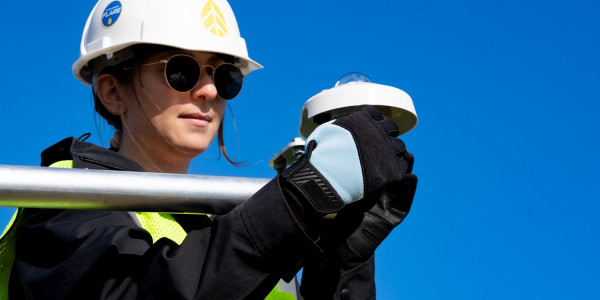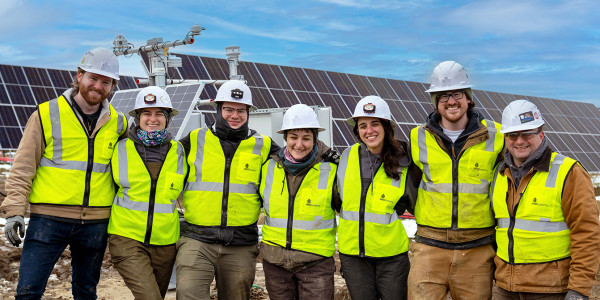October 11, 2011 | Sustainability + Energy, Vermont Community,
I joined the wind energy industry in 2007 with the belief that my work would help shape the future of our world’s, nation’s, and state’s energy landscape. I was right on two fronts. Installed capacity of wind energy has almost tripled in the U.S. and more than doubled in the world over that time period. There is much, much more work to be done, but I continue to feel optimistic…
It was with great dismay that I read Steve Wright’s op-ed “The not-so-green mountains” published in the New York Times two weeks ago. (Though, I’m even more dismayed that the Times chose to publish it.) Full of inaccuracies and hyperbole, Wright’s op-ed illustrates what’s wrong with our debate on wind energy.
- Debates on environmental impact must be grounded in scientific data. Wright’s overstatements – “the blasting of ridgelines, the clear-cutting of forests” – side-step the real question about whether the Lowell Wind Farm is harmful to wildlife and wildlife habitat. (I won’t comment on the environmental permitting process in Lowell – I’ll leave that to others who are closer to the issues on the ground.) As someone who has watched this debate from the wings, I believe some objectivity on the environmental question is sorely needed. The American Wind Wildlife Institute (AWWI), a collaboration of top conservation and wind energy leaders, is attempting to do just that on a national level. With the introduction of its Landscape Assessment Tool, AWWI is compiling and sharing publicly available data on environmental characteristics of potential wind sites. This early-stage screening tool can be used to inform the development process sooner rather than later, helping to prevent unnecessary wildlife conflicts before they arise.
- The debate must be considered within the broader context of our energy supply. Take water use. Compared to natural gas, coal and nuclear – all of which use water in the extraction and generation processes – wind has, by far, the lowest impact on water quality. The Department of Energy estimates that under the 20% wind energy by 2030 scenario, our nation could avoid the use of 4 trillion gallons of water by 2030. We must also consider water pollution from other energy sources, particularly the effects of mountaintop removal or natural gas fracking on rivers and streams, aquifers, and drinking water.
I love my adopted state of Vermont, but we tend to be a tad myopic. “That won’t work here” and “we’re special” are oft heard phrases. Yes, we are special, but I’ve lived in other places where people feel the exact same way. Just as we love our landscape, so do ranchers in west Texas, farmers in Iowa, and loggers in Appalachia.
In Vermont, what are we willing to say yes to? Or are we content continuing to push the burden onto others?





